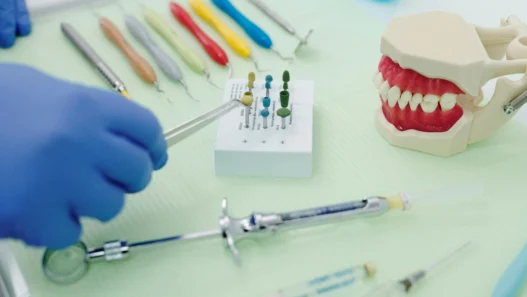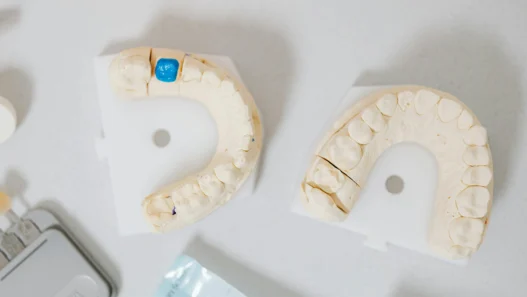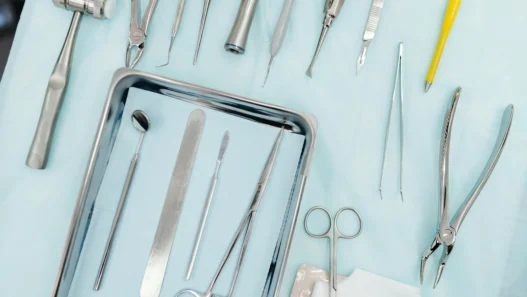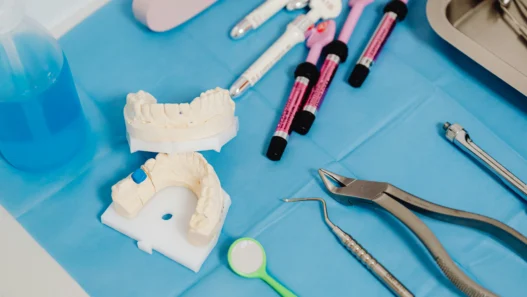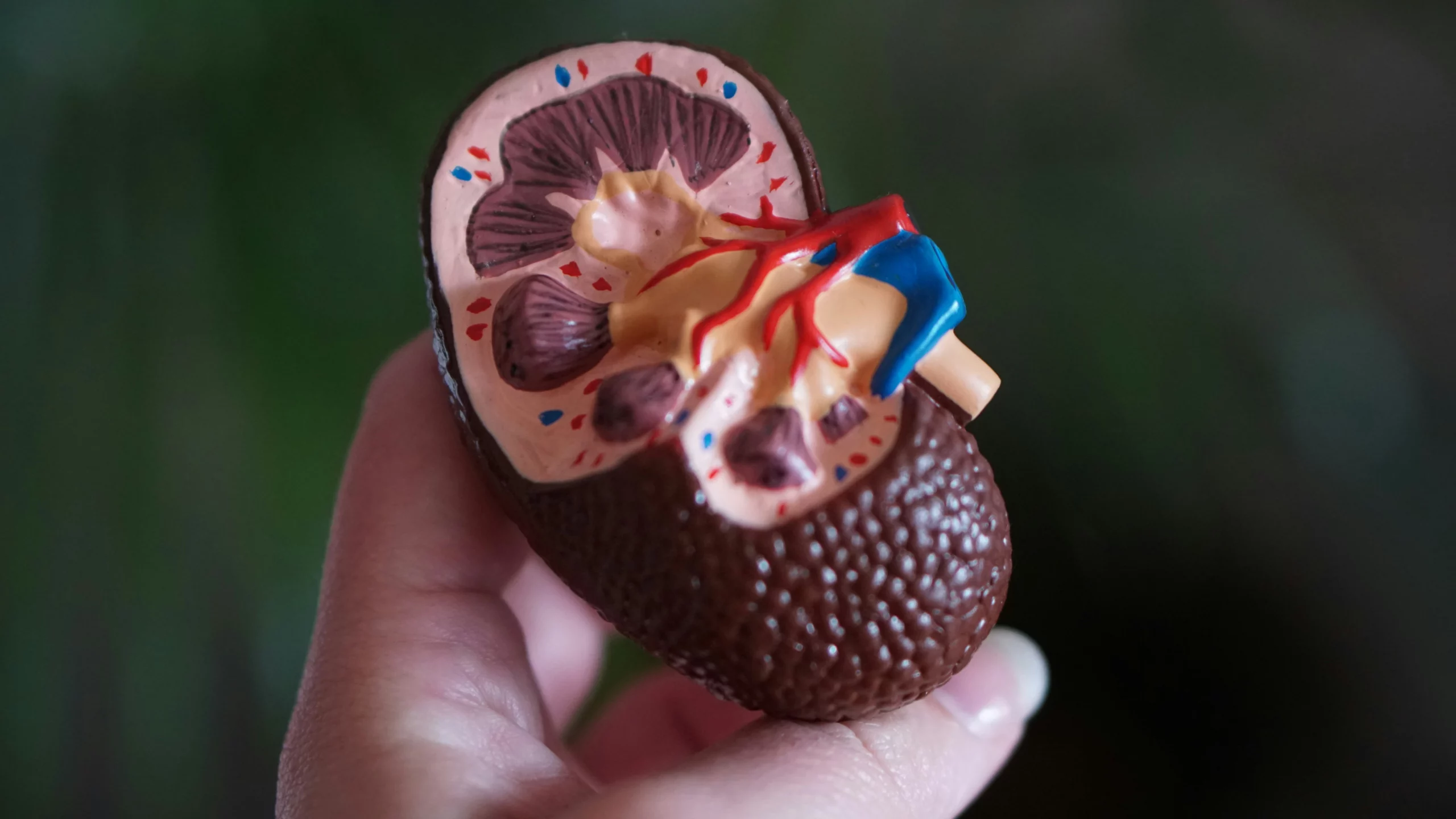The old saying of “8 glasses of water a day” has been a long-standing piece of advice. But determining how much water someone truly needs is more complex – especially as we age. The recommended daily water intake for a young, healthy individual is about 13 cups for men and 9 cups for women. But this estimate becomes more nuanced with age.
Concerns about adequate hydration naturally grow as people age. Both individuals and their caregivers often wonder if they are drinking enough water. However, pinpointing an exact daily water intake can be challenging since various factors influence hydration needs. Fortunately, there are clear signs that can help guide our understanding of whether someone is getting enough water.
Table of Contents:
- Seniors and Hydration
- How to Monitor Hydration Levels for Seniors
- Symptoms of Dehydration
- How to Prevent Dehydration
Seniors and Hydration
As we age, the body’s relationship with hydration undergoes significant changes. Older adults typically retain less water, which can lead to a reduced daily water requirement compared to younger individuals. However, this decrease in water retention simultaneously raises the risk of dehydration. Even basic daily functions—such as breathing, sweating, and using the bathroom—result in water loss. For older adults, who may be less physically active, this water loss may be less frequent but still significant.
Complicating matters further, many older adults contend with chronic health conditions and are often prescribed multiple medications, both of which can profoundly affect hydration needs. Conditions like diabetes may necessitate higher water intake, while diuretic medications, which increase urine output, also require greater fluid consumption. On the other hand, for individuals managing conditions such as heart failure or cirrhosis, excessive water intake can pose risks. The challenge becomes even more pronounced when navigating multiple health conditions or medications that affect hydration in different ways.
Fortunately, the body provides several cues to help monitor hydration levels, offering a way to balance these complex needs.
How to Monitor Hydration Levels for Seniors
Hydration needs can vary greatly from person to person and can change from day to day. For seniors, recognizing the signs of dehydration becomes particularly important, as their bodies may not signal thirst as effectively as when they were younger.
Here are some key indicators that can help determine whether an older adult is drinking enough water:
- Thirst: Thirst is the body’s natural way of signaling the need for more water. However, in seniors, the sensation of thirst can diminish with age, leading to a delayed or even absent thirst response. This makes it crucial to rely on additional signs of hydration beyond just feeling thirsty.
- Skin and Mouth Moisture: The condition of the skin and mouth can provide immediate clues about hydration status. In seniors, dry or flaky skin can be an early sign of dehydration. Similarly, the mouth offers visible indicators: cracked lips, a dry tongue, or a coated mouth are all common symptoms when the body is not getting enough water. Regularly checking these areas can be a simple yet effective way to monitor hydration.
- Urine Output and Color: The body regulates its water levels primarily through urine, making it a reliable indicator of hydration. In seniors, dehydration often results in reduced urine output. Additionally, the color of the urine changes as it becomes more concentrated—taking on a darker yellow, amber, or even brown hue. Monitoring these changes can provide valuable insights into whether an older adult is staying adequately hydrated.
- Bowel Movements: Dehydration affects the digestive system as well, particularly bowel movements. When the body is low on water, it attempts to conserve fluid by absorbing more water from the stool, leading to dry, firm stools that are difficult to pass. For seniors, this can exacerbate issues like constipation, making regular hydration even more essential.
Symptoms of Dehydration
Water is essential for maintaining the body’s vital functions, and inadequate hydration can lead to a cascade of health problems, particularly for seniors. When the body is deprived of sufficient water, it can disrupt the delicate balance of electrolytes such as sodium, potassium, and chloride, which are crucial for many bodily processes.
Here are some of the most significant symptoms of dehydration in older adults:
- Weakness and Fatigue: One of the most immediate effects of dehydration is a pervasive sense of weakness and fatigue. Without enough water, the body’s cells struggle to function optimally, leading to reduced energy levels. For seniors, this weakness can be particularly dangerous, as it increases the risk of falls—a major cause of injury in this age group. Staying hydrated is key to maintaining strength and preventing the physical decline that can accompany dehydration.
- Confusion and Cognitive Impairment: The brain, like the rest of the body, depends on proper hydration to operate effectively. Dehydrated seniors may experience confusion, disorientation, and even delirium, as the brain’s ability to process information becomes impaired. This cognitive decline can be sudden and severe, underscoring the importance of regular fluid intake to support mental clarity and overall brain health.
- Kidney and Bladder Issues: The kidneys play a critical role in filtering waste from the blood and excreting it through urine. Dehydration can compromise kidney function, making it harder for the body to eliminate toxins. In seniors, this can lead to an increased risk of urinary tract infections (UTIs) and further strain on already vulnerable kidneys. Over time, chronic dehydration can contribute to kidney damage, reducing their ability to function properly.
- Constipation and Digestive Discomfort: Dehydration has a direct impact on the digestive system, often leading to constipation. When the body is low on water, it conserves fluid by drawing water from the intestines, which results in harder, more difficult-to-pass stools. For seniors, this can cause significant discomfort, including abdominal pain, nausea, and in severe cases, bowel blockages. Regular hydration helps maintain healthy digestion and prevent these painful symptoms.
- Oral Health Problems: Saliva is essential for maintaining oral health, as it helps cleanse the mouth and prevent the buildup of harmful bacteria. Dehydration can reduce saliva production, leading to dry mouth, which is a common cause of tooth decay and gum disease. For seniors, who may already be dealing with dental issues, staying hydrated is crucial to preserving their oral health and preventing further complications.
- Cardiovascular Issues: Proper hydration is vital for maintaining healthy blood volume, which in turn supports stable blood pressure. Dehydration can reduce blood volume, leading to low blood pressure and symptoms such as dizziness or lightheadedness. In response, the heart may compensate by increasing its rate, which can result in palpitations or the sensation of a racing heart. For older adults, these cardiovascular symptoms can be alarming and potentially dangerous, making hydration a key factor in heart health.
How to Prevent Dehydration
Staying hydrated is crucial for overall health, especially as we age. However, maintaining proper hydration can become more challenging with age, making it essential to adopt effective strategies to ensure adequate water intake.
Here are some practical tips to help seniors stay well-hydrated:
- Use A Water Bottle: One of the simplest ways to ensure regular water intake is by keeping water easily accessible throughout the day and night. While drinking water when thirsty is important, it’s essential to recognize that the sensation of thirst may not always be a reliable indicator of hydration needs, particularly for older adults. Placing water within easy reach—such as on a bedside table, near a favorite chair, or in a reusable water bottle that can be carried throughout the day—serves as a constant reminder to drink more frequently.
- Monitor Water Intake: Many people, including seniors, often overestimate how much water they are actually drinking. To ensure you’re meeting your hydration goals, consider using a sports bottle with measurement markings to track your daily water consumption. For those comfortable with technology, smartphone apps designed to monitor water intake can be a valuable tool. These apps often provide reminders and allow you to set daily targets, making it easier to stay on track.
- Eat More Water-Rich Foods: Hydration doesn’t come solely from drinking water; the foods you eat can also contribute significantly to your daily fluid intake. Incorporate water-rich foods into your diet, such as fruits like melons, berries, and citrus fruits, as well as vegetables like cucumbers, lettuce, and celery. These foods not only provide hydration but also offer essential vitamins and nutrients that support overall health. Additionally, while other beverages like herbal teas and milk can add to your hydration, it’s important to limit sugary drinks, as they can contribute to dehydration and other health issues.
- Limit Salty Foods: High-sodium foods can increase the body’s need for water by promoting urination, which can lead to dehydration. Seniors, who may already be at risk for dehydration, should be particularly mindful of their salt intake. Processed and restaurant foods often contain higher levels of sodium than home-cooked meals, so it’s beneficial to read labels carefully and opt for low-sodium options whenever possible. Cooking at home, where you can control the amount of salt used, is another effective way to reduce sodium intake and support better hydration.
Conclusion
Determining the “right” amount of water can be challenging, especially for older adults. While the risks of dehydration are significant, it’s also possible to drink too much water. By following these tips, you can help ensure that you or someone you care for stays well-hydrated. If chronic medical conditions or medications are involved, it’s crucial to consult a healthcare provider to tailor hydration needs appropriately.

